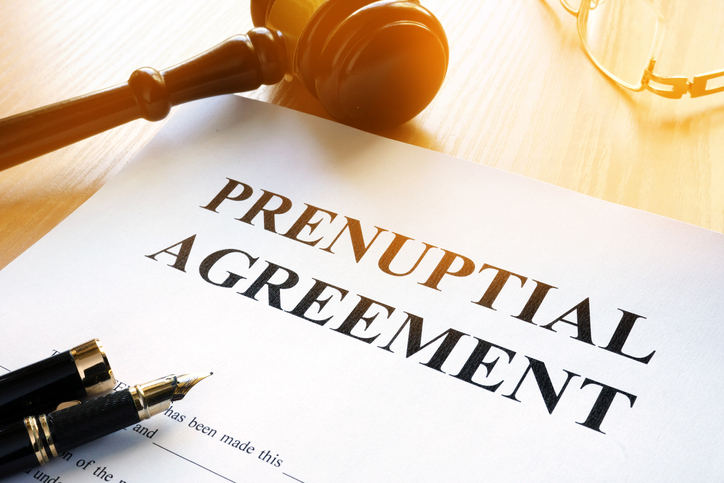A lesson in what not to do.
Last week the case of Ipekçi v McConnell [2019] EWFC 19 was decided by the High Court. The wife in this case is the great grand daughter of the founder of Avon. Being a wealthy heiress, when she married a hotel concierge of modest background and means, a pre-nuptial agreement was signed. However, the pre-nuptial agreement failed. For several reasons, the judge decided to give no weight to the pre-nuptial agreement and therefore decided the case in accordance with the usual principles established by the Matrimonial Causes Act 1973 and case law.
The case illustrates that, if you want an agreement to be upheld by the court on divorce, it is essential that you ensure that the agreement is fair and that you adhere to good practice in the preparation of the pre-nuptial agreement as follows:
- Both parties should receive independent legal advice.
In this case, the husband was advised by the wife’s former solicitor who dealt with her first divorce! Advice must be independent to avoid accusations of bias which might affect the weight given to the agreement.
Further, it is essential that the solicitors involved are suitably qualified to advise on the agreement. In this case the agreement said that the parties agreed and intended that their divorce and the pre-nuptial agreement was to be dealt with under the law of New York State. However, the husband had an English solicitor who was not qualified to advise on New York law. As it was, expert evidence given to the English court confirmed that the agreement would have been ineffective under New York law in any event as it did not comply with it!
- The agreement must meet needs.
The effect of the agreement was that the husband would receive nothing. He had reasonable needs that he could not meet from his own resources and therefore the agreement was unfair.
- The agreement must be entered into in good time before the wedding.
The husband first saw his solicitor 23 days before the wedding and signed the agreement just 15 days before the wedding. Good practice is to ensure that the agreement is signed at least 28 days before the wedding. This means that both parties should be seeing their solicitors well in advance of this – a few months before the wedding at least.
- Review the agreement to take account of changing circumstances.
This was a medium to long marriage of 12 years and two children were born during the marriage. It is important that the parties to an agreement regularly review the terms, ideally with the benefit of legal advice, to ensure that they meet needs and are fair e.g. at least every 5 years and on the birth of a child.
All of the solicitors in the Family team at Field Seymour Parkes are experienced in drafting and advising on pre-nuptial agreements. If you are considering entering into a pre (or post) nuptial agreement and would like to know more then please contact one of our solicitors who will be happy to have a no obligation discussion with you about this.

